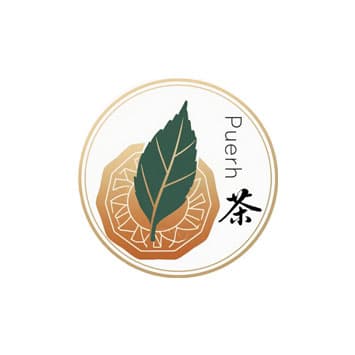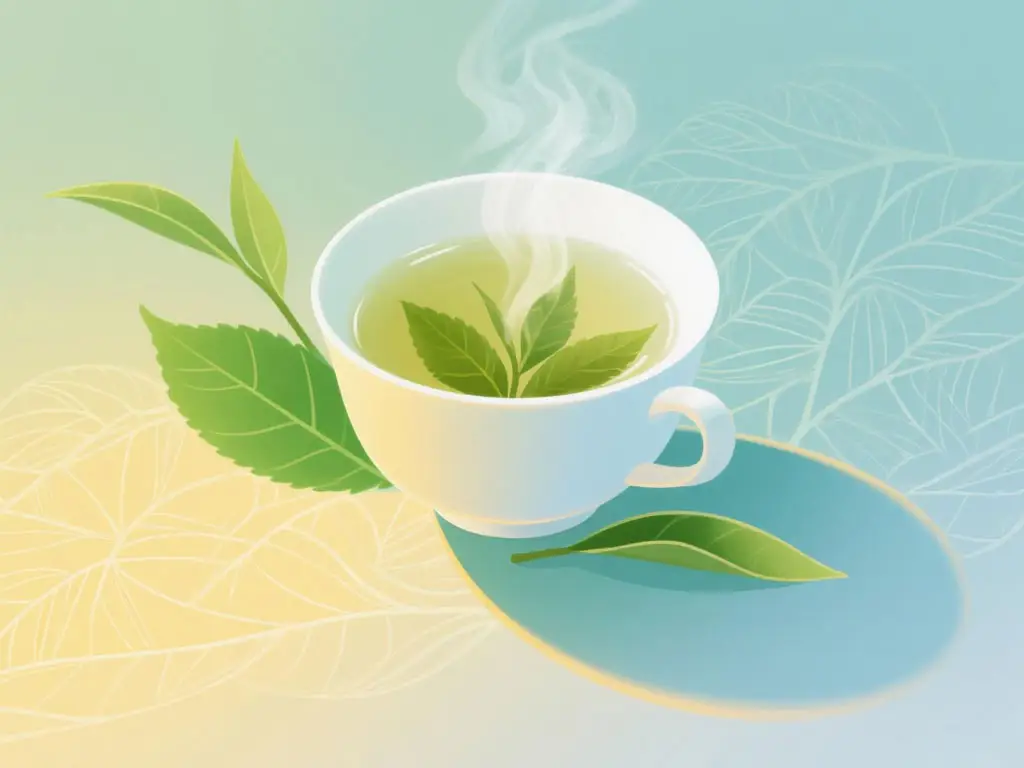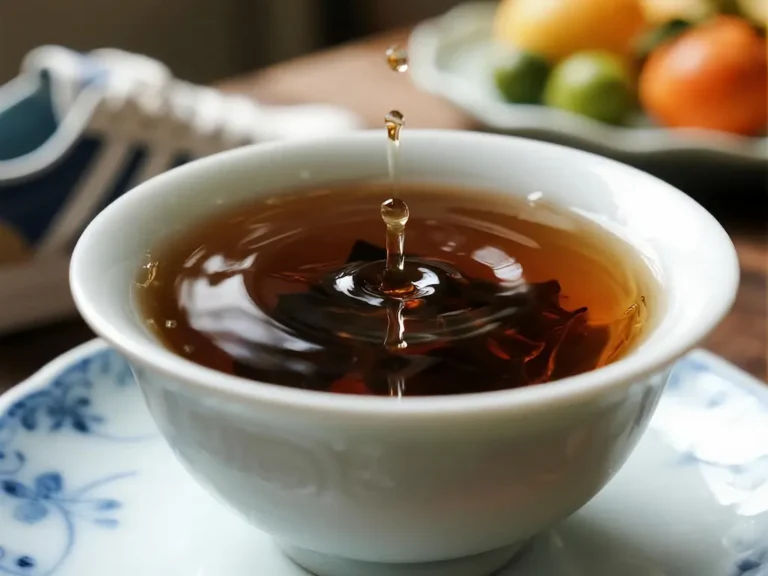Natural Health Benefits of Tea & How It Works
The Chinese tradition of drinking tea to relieve bloating, diarrhea, or indigestion dates back centuries. The active components in tea are unique. They inhibit the growth of harmful bacteria in the gastrointestinal tract while promoting the growth and reproduction of beneficial bacteria. For nomadic peoples, tea has long been a valuable aid in maintaining gastrointestinal health.
Tea contains unique probiotics, tea polyphenols, and catechins, among other components. These components promote the body’s metabolism. They have a special purifying effect on internal organs. They can also bind to harmful substances in the body and expel them.
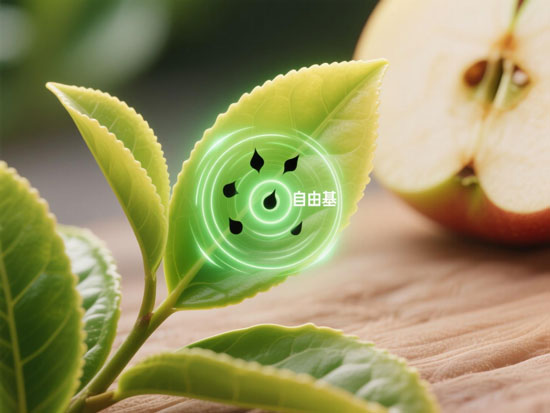
Tea polyphenols: the body’s “preservative”
Tea polyphenols, also known as tea tannins, are the most important class of substances in tea leaves, accounting for 18% to 36% of their content. The powerful antioxidant properties of tea leaves primarily stem from tea polyphenols.
The body contains harmful substances called free radicals, which attack and damage cells and tissues. This can lead to aging, organ diseases, skin deterioration, and even cancer. Tea polyphenols neutralize these free radicals, acting like a preservative to protect the body.
A famous experiment compared the antioxidant capabilities of different foods. The results showed that drinking two cups of green tea provides the same antioxidant effect as eating four apples, five onions, or drinking seven cups of orange juice.
About half an hour after drinking a cup of tea, your blood’s ability to combat free radicals increases by 41%-48%. This protective effect lasts for one and a half hours.

Caffeine: Boosts alertness and combats fatigue
The caffeine content in tea leaves is actually higher than that in coffee. Although it was named after being first discovered in coffee. Caffeine can make you feel alert and think clearly. It also helps with urination and alleviates fatigue.
The feeling of improved alertness after drinking tea is due to caffeine. In the past, people valued tea most for its stimulating effect. Old tea farmers often said: “Without tea, there’s no energy to work.”
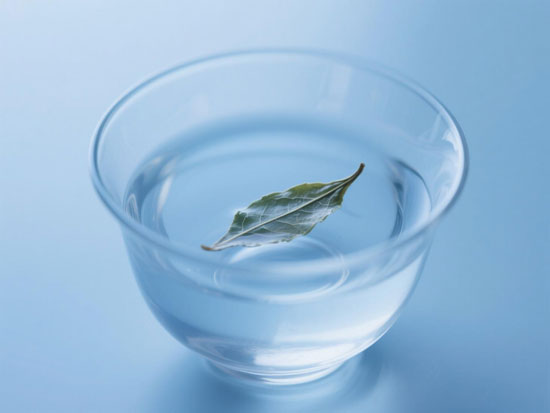
Theanine: A Natural “Relaxant”
Tea leaves contain 26 amino acids. Theanine is the most abundant and unique among them. It is almost exclusively found in tea leaves and is rarely found in other plants.
Caffeine energizes you, while L-theanine helps you relax and feel at ease. The two work together very well. This allows tea to both energize you and prevent you from becoming overly excited. L-theanine is referred to as a “natural sedative” and can help you concentrate.
The effects of caffeine are quick to kick in but short-lived. The relaxation and memory-enhancing benefits of L-theanine require regular tea consumption over an extended period to be gradually felt.
